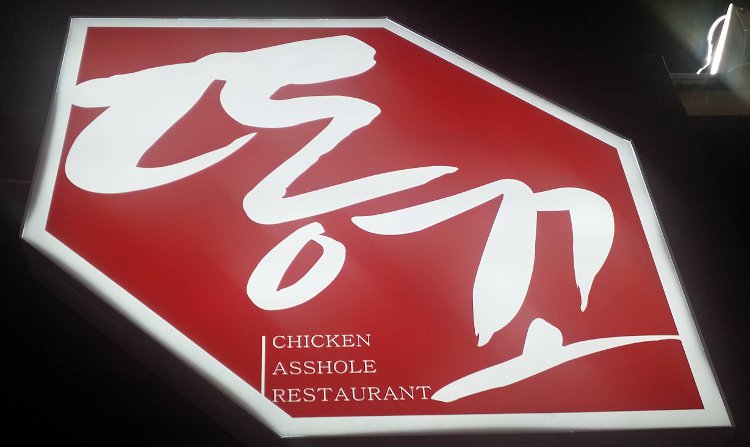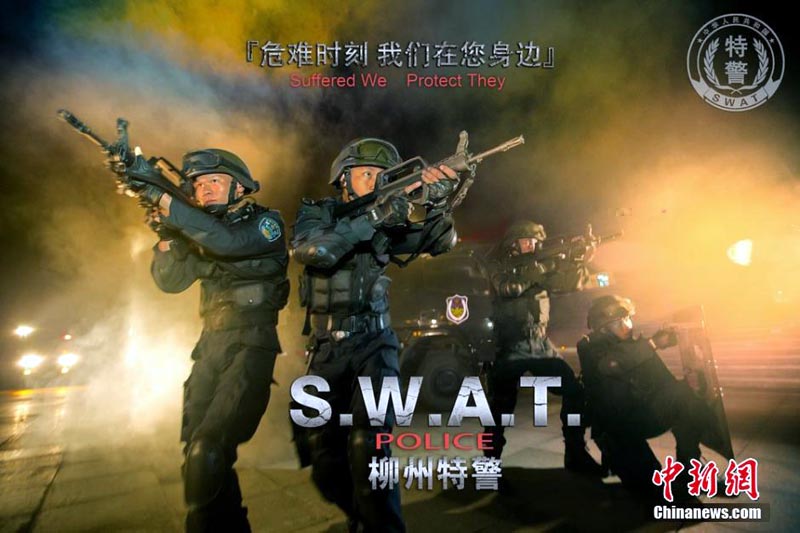Hundreds die in a sandwich press
Just as some folks have a special knack for being able to unravel "The latest word soup from the Bloomberg headline crew", I'm usually able to make sense out of Chinglish that is inscrutable to most readers. Here's a humdinger sent in by Matt Trevyaud:
Using method: Ready to slice sandwiches and stuffed, in the middle of two sandwiches into a stuffed, hundreds die in a sandwich press, take off the broken edge and die, a lovely delicious sandwich snack is ready.
It's apparently a real set of directions for a sandwich cutter manufactured in China. When posted, it usually comes with a photograph of the graying, crumpled paper on which the directions are printed in an undistinguished typeface that looks thoroughly authentic.
Read the rest of this entry »







